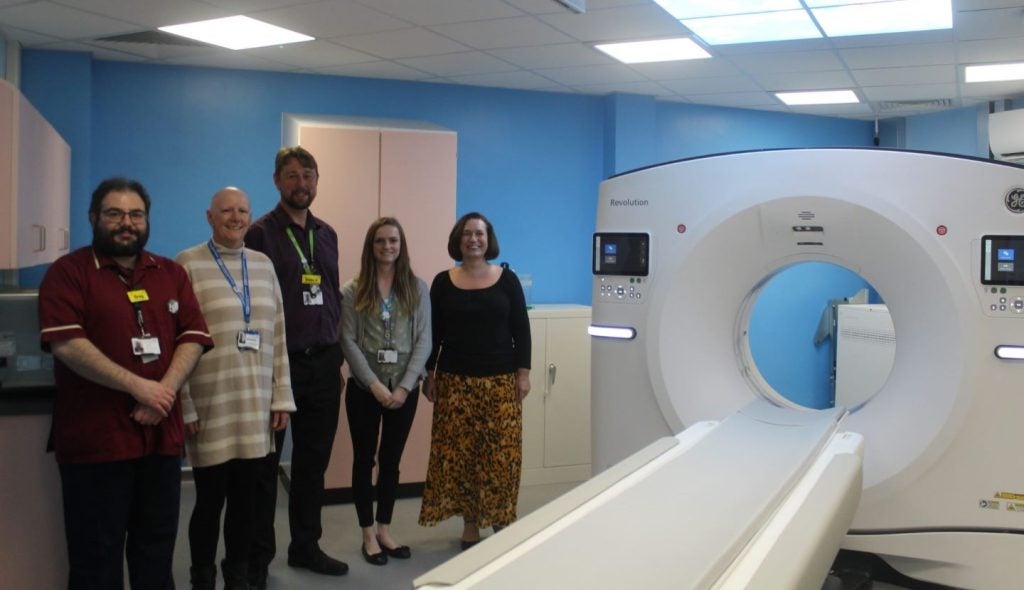Researchers at Oregon Health & Science University (OHSU) have received a $16.4m grant from the US National Institute of Mental Health (NIMH) to develop and test data-driven mental health prediction models for children.
For more than ten years, the OHSU Center for Mental Health Innovation has been using machine learning (ML) to create computational models.
These models are designed to enhance the clinical prediction of mental health conditions such as anxiety, attention deficit hyperactivity disorder, depression and substance use disorder in children and adolescents.
According to OHSU School of Medicine psychiatry professor and the Center for Mental Health Innovation director Bonnie Nagel, the models can also help in clinical decision-making processes, eventually supporting mental health-related intervention and prevention initiatives.
Using NIMH’s five-year grant, OHSU scientists aim to transition their research algorithms from a lab to a clinical setting.
Through this, the researchers aim to determine the impact these models may have on clinical decisions and mental health outcomes in real-world scenarios.
Nagel said: “We consider this a formative grant in achieving the mission of the centre, which is to advance scientific discoveries in mental health and rapidly translate those into real-world practices.
“It’s tremendously exciting to be taking that next step of bringing together science and clinical care. It represents a new frontier in how we approach mental health.”
In the grant’s initial phase, the OHSU researchers will refine prediction models using national research and medical databases, along with OHSU-developed research cohorts.
These models will incorporate a range of patient traits, including cognitive measures, environmental factors, temperament, and mental health characteristics.
Data collection will take place in clinics at collaborating sites, with a target of enrolling 7,500 patients aged seven to 17 years.
Collaborating institutions include Massachusetts General Hospital, Seattle Children's Hospital, and Indiana University, with additional partners such as Purdue University and State University of New York contributing to data analytics.
















